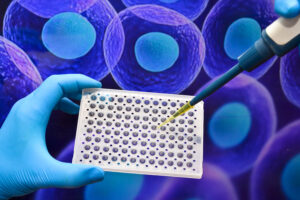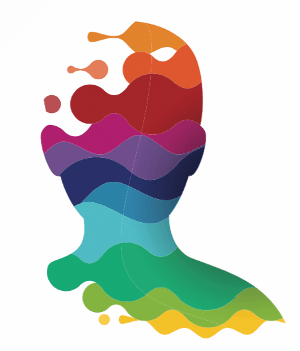Data publikacji w serwisie: 29 sierpnia 2022 r.
New project with NSC funding

AMU Prof. Patryk Konieczny, PhD, has been awarded an OPUS 22 grant announced by the National Science Center (NSC). The project “Functions and therapeutic potential of various forms of dystrophin and utrophin in the central and peripheral nervous system” will be carried out from October 2022 at the Institute of Human Biology and Evolution.
The project focuses on determining the role of different isoforms of dystrophin and utrophin in the nervous system. Mutations in the dystrophin gene cause the devastating and progressive disease named Duchenne muscular dystrophy. Utrophin has been shown to partially compensate for the lack of dystrophin in the muscles, especially when present in large amounts. In addition to muscle problems, affected patients show a number of changes in other tissues. In particular, they have been shown to have a smaller total brain and gray matter volume, as well as changes in the microstructure of the white matter and reduced blood flow in the brain. In addition, some affected individuals have neuropsychiatric symptoms, including intellectual disability, autism, attention deficit disorder, obsessive-compulsive disorder, anxiety and depression. Cognitive disorders are also noted in mutation carriers.
During the project, in addition to evaluating the role of different forms of the above-mentioned proteins in different cell types of the central and peripheral nervous system, Professor Konieczny’s team will test three different therapeutic approaches to alleviate the aberrations caused by the lack of dystrophin. The expected outcome of the project is the selection of an appropriate therapeutic approach to alleviate symptoms in the central and peripheral nervous system in patients with Duchenne muscular dystrophy.
In the OPUS 22 competition announced on September 15, 2021, 1,866 proposals were submitted, of which 350 were qualified for funding. The success rate was 18.76%.
 Instytut Biologii i Ewolucji Człowieka, Wydział Biologii, Uniwersytet im. Adama Mickiewicza w Poznaniu
Instytut Biologii i Ewolucji Człowieka, Wydział Biologii, Uniwersytet im. Adama Mickiewicza w Poznaniu